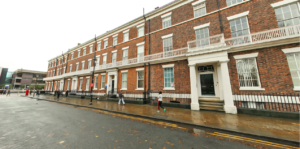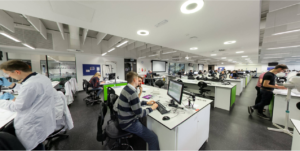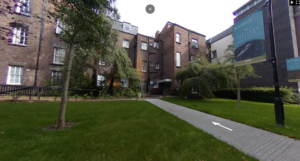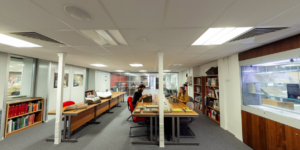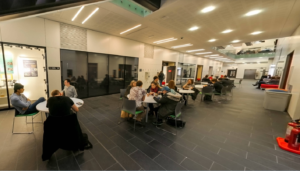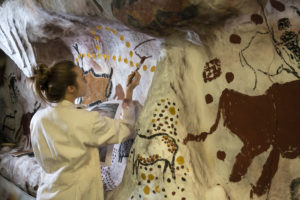How you'll learn
Modules are delivered by a mixture of lectures and seminars in year one, in year two the lecture element within modules is complemented by student led seminars. Finally, in year three, most modules are delivered by a short series of lectures with a focus on student-led seminars thereafter. Self-directed study is also expected through the course reading list and conducting research for your essays and projects. Academic staff area regularly available via their office hours for one-to-one feedback and support. Course material is available 24-hours a day on Canvas, our online learning platform, and study support is available from our dedicated student services team.
How you're assessed
Egyptology is assessed in a variety of ways.
Examination: learning outcomes are demonstrated in student performance through preparation for and the sitting of an examination. Such examinations may cover essay-based work (usually by selection of a set number of questions), source analysis (usually by selection of questions or a commentary on an ancient source) or language work (mostly translation and commentary of set passages).
Assessed coursework, including essays, commentaries, posters, and projects: learning outcomes are demonstrated in student performance through the preparation and delivery of a piece of work as an act of self-directed learning with full access to all the relevant learning and research tools and supports.
Portfolio: a critical summary of seminars presented by students reflecting on the material discussed in seminars and subsequently researched and presented as a discussion of the topic or theme.
Class tests, primarily in language modules: learning outcomes are demonstrated with regards to understanding, analysing and applying structures and concepts of grammar and syntax.
Oral presentations: modules assess presentation skills and several modules require the use of Microsoft PowerPoint.
Liverpool Hallmarks
We have a distinctive approach to education, the Liverpool Curriculum Framework, which focuses on research-connected teaching, active learning, and authentic assessment to ensure our students graduate as digitally fluent and confident global citizens.
The Liverpool Curriculum framework sets out our distinctive approach to education. Our teaching staff support our students to develop academic knowledge, skills, and understanding alongside our graduate attributes:
- Digital fluency
- Confidence
- Global citizenship
Our curriculum is characterised by the three Liverpool Hallmarks:
- Research-connected teaching
- Active learning
- Authentic assessment
All this is underpinned by our core value of inclusivity and commitment to providing a curriculum that is accessible to all students.

